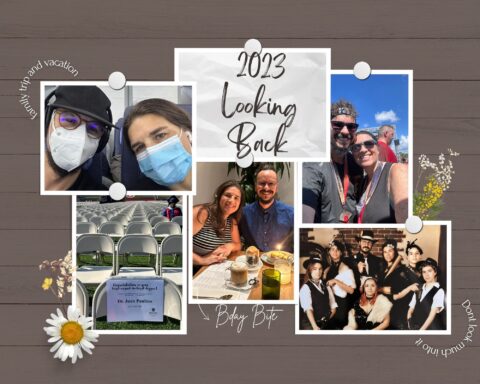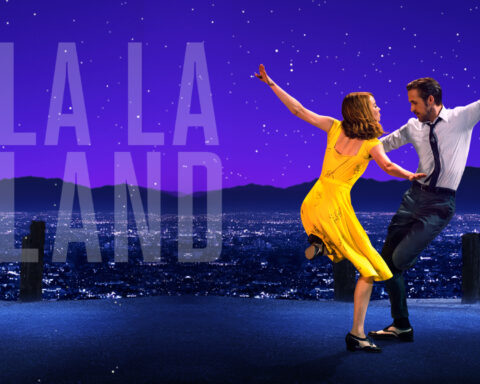Back in the summer a local reporter sent me a list of questions on the topic of conflicts for a subscription based magazine. While only portions of my answers were published, I thought of using this space to share a more comprehensive publicly accessible answer to the topic of conflicts and how conflicts interact with our intimate romantic relationships.
What comes next is the breadth of information in a Q&A format. As always, feel free to let me know your thoughts and/or questions on this topic.
- Q: What is conflict? A: Webster defines conflict as an ‘antagonistic state or action’, and within the context of romantic relationships, conflicts shapes into simple differences of ideas all the way up to hostility.
- Q: Why is it important to resolve conflict and not let it fester or linger? A: The literature on relational conflicts is clear, the quality of a relationship is measured by the way the couple handles conflict. In other words, a relationship can’t be measured during the honeymoon phase, but during crisis. In general there are four ways to deal with relationship conflicts, three healthy ones, and one unhealthy. On the healthy side we have conflict-validators, conflict-volatiles, and conflict avoiders. Yes, there’s a way in which even avoiders and volatiles fall within the healthy range (more on that later). On the unhealthy one we have conflict-hostile. The key of conflict isn’t necessarily the absence, presence, or even volume, but how we do conflicts. In other words, the key is to observe what Gottman calls the ‘golden ratio’ of 5:1, meaning 5 positive bids to 1 negative bid. A bid is a way in which a partner ‘turns towards’ the other. Partners do this by checking on each other, acts of generosity, thoughtfulness, and seeking to connect with the other. The more one does this, the more positive bids one scores. Research shows the golden ratio is 5 positive bids to 1 negative. As you can guess, couples who fall under the hostile umbrella have an inverted proportion, meaning the negative bids (disconnections) far outpace the positive ones.
- Q: Do some people fear conflict? Why? A: Yes, in my experience some people fear conflicts, but the opposite is also true since I also see partners treating conflicts as a sport! Once again, the point isn’t conflict, but connecting. People, couples want to connect and conflict is another way to connect. Done poorly however, it’s a sure way towards disconnection and eventual separation.
- Q: Is conflict healthy? A: Yes, the way we do conflict can be healthy (validators, avoiders, volatiles).
- Q: Is it really possible to resolve big conflicts? A: No. Not all conflicts can be resolved, and this is VERY important to understand. This is one of the BIG aha moments in couples counseling. Research shows there are 2 types of intimate relational conflicts, solvable and non-solvable ones. The solvable amount to 31%, whereas the non-solvable 69%. That’s right, most of relational conflicts isn’t solvable, and that’s irrespective of who we are with. That’s why we ought to pay attention to problem management and not just problem solving.









